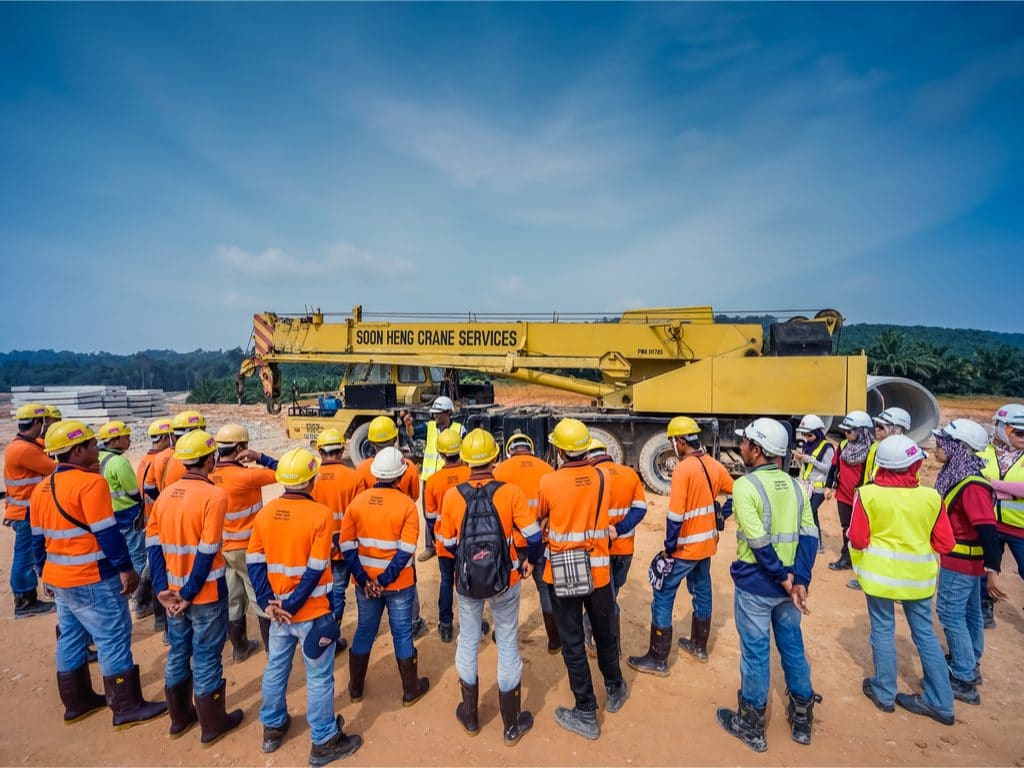According to the director of Nigeria’s Energy Commission (ECN), Eli Jidere Bala, the country has a hydroelectric potential of about 15,000 MW, 23 percent of which 23 percent are small hydropower plants. “Small hydropower plants with capacities below 30 MW are known to be more environmentally friendly and contribute less to greenhouse gas emissions (the major cause of climate change, editor’s note). Small hydroelectric potential is also available in many rural areas,” explains the director.
Problem: In this West African country, it is necessary to rely on the expertise of foreign companies to build these dams on a small scale. However, Nigerian engineers are trained every year on renewable energy production, notably hydroelectricity… This situation could certainly change with the Nigerian government’s ambition to strengthen the technical capacities of these engineers. The country will rely on the experience of China whose technology is recognised in the field. Nigeria’s Minister of Science and Technology, Ogbonnaya Onu, announced that he had obtained a partnership agreement with China along these lines.
Training provided by International Centre on Small Power
Ogbonnaya Onu said this weekend that this training is also an initiative of the Government of the People’s Republic of China in collaboration with the Federal Ministries of Budget and National Planning and Science and Technology. The objective is to build the capacity of engineers working in ministries and agencies involved in the construction and management of hydropower projects.
He reported that since 2016, a memorandum of understanding has been signed with the International Center on Small Power (ICSHP) in China, for the implementation of a project for the renovation and construction of small hydropower plants in Nigeria. “This will bring some old small hydropower plants across the country back to life,” said Ogbonnaya Onu.
ICSHP is a non-profit institution working under the auspices of the United Nations Industrial Development Organization (UNIDO). Based in Hangzhou, Zhejiang, eastern China, its goal is to promote the construction and operation of small-scale power plants for 24 years. ICSHP should work closely in Nigeria with the National Research Institute for Rural Electrification, an agency of the Federal Ministry of Water Resources. Although the date of the start of the training is not yet known, we know that this agreement brings the two governments closer, particularly in the energy field.
China is very present in hydropower production in Nigeria
China has a strong presence in Nigeria in the energy sector and is building numerous power plants throughout the country. The most important is the Mambila hydroelectric megaproject under construction by China Civil Engineering Corp in southwest Nigeria. With a total capacity of 3,050 MW, it will cost $5.8 billion. Exim Bank of China is financing 85% of the project, the rest is being provided by the State of Nigeria.
Jean Marie Takouleu
